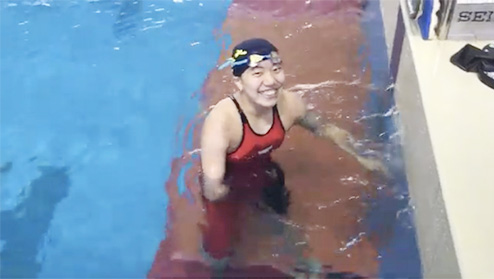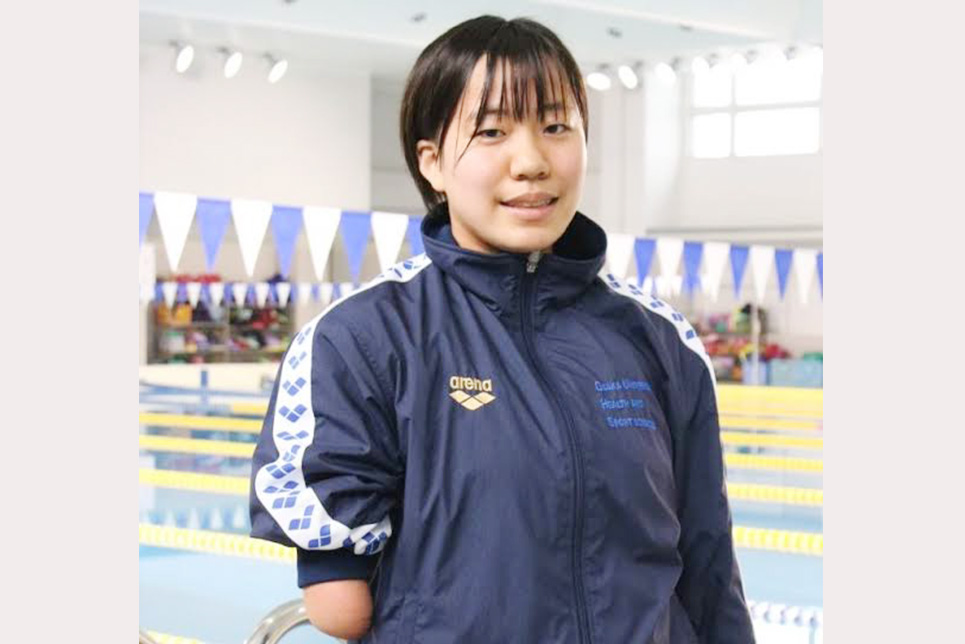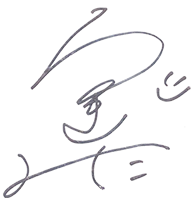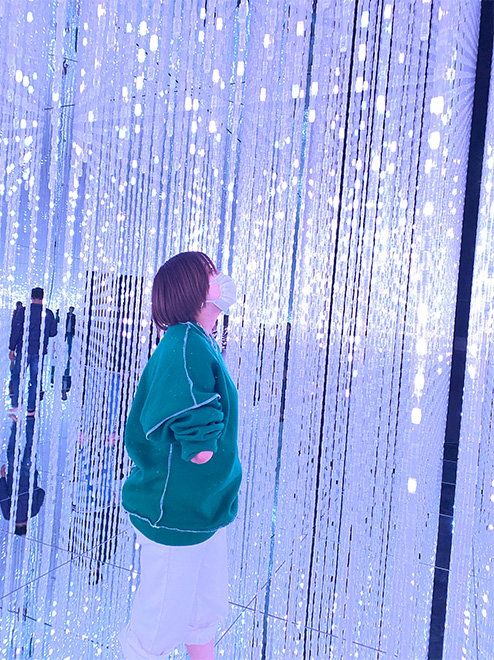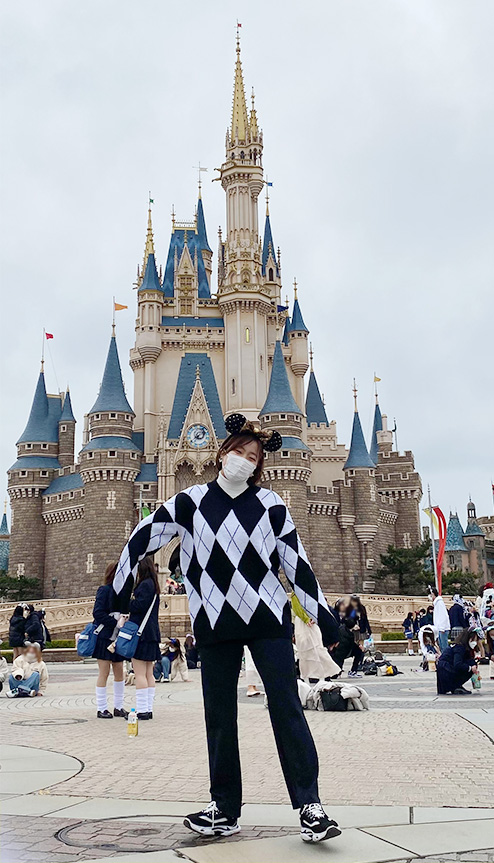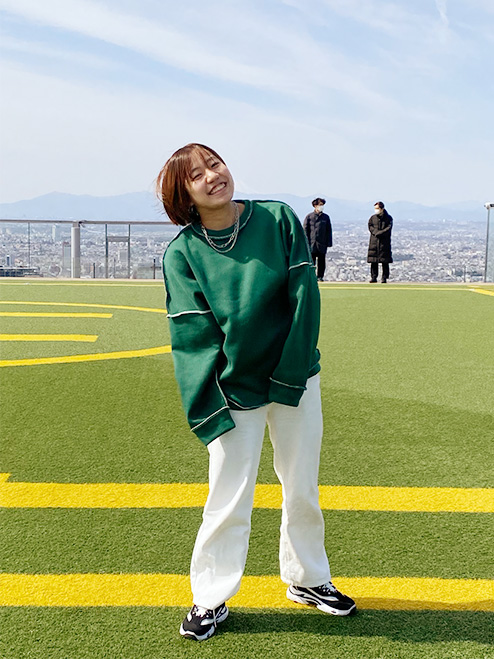What made you start swimming?
My parents wanted me to play sports but ball games seemed a little difficult, so they chose swimming for me as a result of pondering over track and field or swimming. They thought I could continue swimming for many years to come and that swimming could be useful in the future. So, when I was three years old, I started attending a swimming school near my parents' house in Kyoto.
Do you remember those days?
Originally I liked playing in the water, so I quickly got used to the swimming pool and practiced swimming little by little. The instructor taught me like the other students around me and without any special treatment.
By the time I was in the third grade of elementary school, I was able to swim quite a bit, and in the fifth and sixth grades I was able to swim fast enough to compete with other people.
What did swimming mean to you at that time?
Going to swimming school once a week was like another of my after-school activities, and not a sport. I had a lot of swimming school friends, so I really looked forward to seeing them.
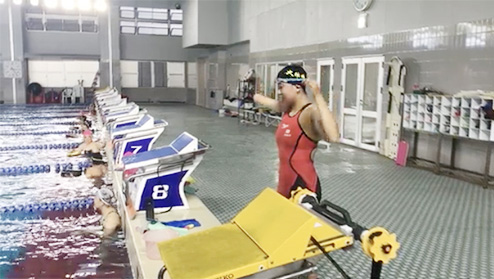
You encountered para swimming when you were in junior high school. What made you decide to take up para swimming?
When I participated in the Kinki qualifying tournament in my first year of junior high school, I met an acquaintance of Mei Ichinose, who is active in para swimming in Kyoto. They introduced me to the world of para swimming. Until then, I didn't know the existence of para swimming, and I had never met anyone like me who took part in competitive swimming, so I found it very appealing.
Has there been any change in your feelings since you started competitive swimming?
Originally I did track and field in elementary school. When I became a junior high school student, I switched to competitive swimming. My times were getting better and I could compete with more and more people. It became more fun to swim and compete. Anyway, I was very happy to be able to compete with people.
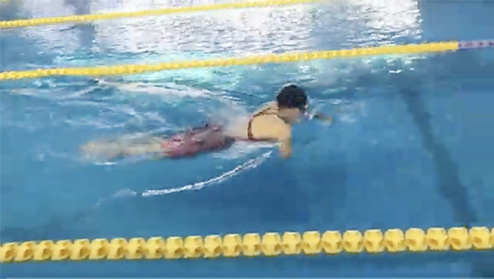
Is there any part of your track and field experience that has helped you in swimming?
Track and field has allowed me to improve my leg muscles and physical strength. These have become my advantages and I have been able to take up swimming with confidence. In fact, my time greatly improved at an early stage right after I started competitive swimming. I think I have been able to get good results because it’s fun to take on challenges in a new environment.
What do you find the most appealing about para swimming?
To be able to compete with people. I didn't feel it so much when I was in junior high school, but when I became a high school student, the difference with able-bodied people became more obvious. The most attractive thing about para swimming is that you can compete with people that have disabilities like yourself at the same level of time and decide who wins or not. I hate to lose, so competitive swimming is perfect for me. (Laughs)
